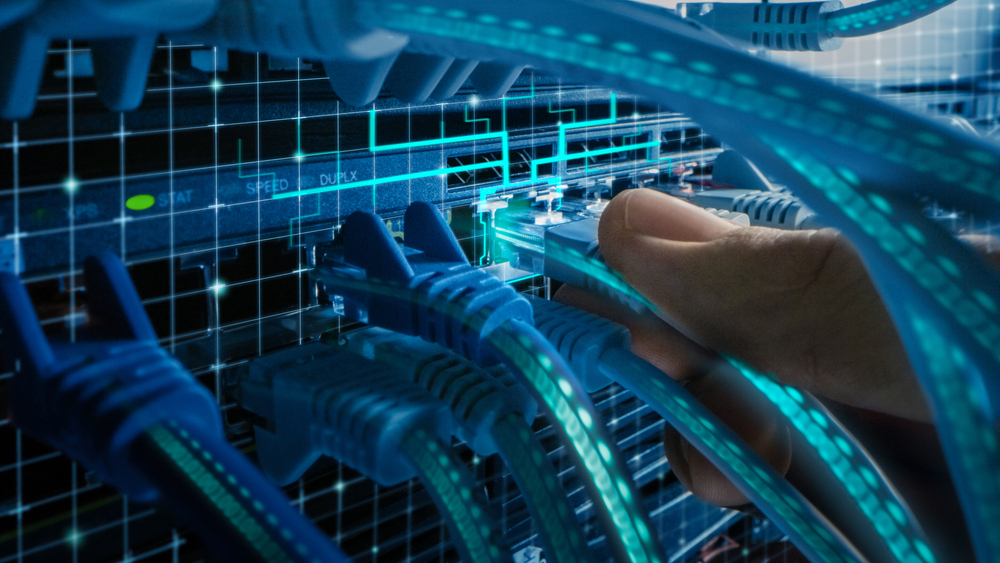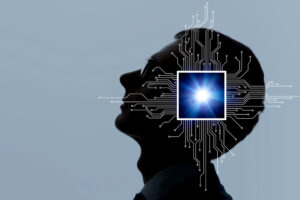Pope Leo Takes On AI as a Potential Threat to Humanity
Two days into his reign, the new American pope spoke softly to a hall full of red-capped cardinals and invoked the digital-age challenge to human dignity he intended to address with the power of his 2,000-year-old office: artificial intelligence.
The princes of the Catholic Church listened intently as Pope Leo XIV laid out his priorities for the first time, revealing that he had chosen his papal name because of the tech revolution. As he explained, his namesake Leo XIII stood up for the rights of factory workers during the Gilded Age, when industrial robber barons presided over rapid change and extreme inequality.
“Today, the church offers its trove of social teaching to respond to another industrial revolution and to innovations in the field of artificial intelligence that pose challenges to human dignity, justice and labor,” Leo XIV told the College of Cardinals, who stood and cheered for their new pontiff and his unlikely cause.
The 267th pope, a son of Chicago, is making the potential threat of AI to humanity a signature issue of his pontificate, challenging a tech sector that has spent years trying to cultivate the Vatican as an ally.
Over the past decade, many of Silicon Valley’s most powerful executives have flown to Rome to shape how the world’s largest Christian denomination thinks and speaks about their innovations. The leaders of Google, Microsoft, Cisco and other tech powerhouses have debated the philosophical and societal implications of increasingly intelligent machines with the Vatican, hoping to share the benefits of emerging technologies, win over the moral authority and potentially steer its influence over governments and policymakers.
While the dialogue has been friendly, the two sides have views that only partly overlap. The Vatican has been pushing for a binding international treaty on AI, which some tech CEOs want to avoid.
A number of companies support voluntary ethical guidelines, preferring them to legally binding regulation of AI, which the European Union is gradually rolling out. The Trump administration has rescinded Biden-era AI regulations and has attacked Europe for trying to impose binding rules. Some tech executives reject even broad guidelines.
Pope Francis said early in his reign that he barely knew how to use a computer. Yet the more familiar he became with AI, the more concerned he grew. He became a leading global voice on the potential dangers it could pose to humanity, increasingly meeting tech executives to discuss the matter.
Pope Leo, a math graduate who is more tech-savvy than his predecessor, is equally skeptical of unregulated AI—and he is picking up where Francis left off.
“Leo XIV wants the worlds of science and politics to immediately tackle this problem without allowing scientific progress to advance with arrogance, harming those who have to submit to its power,” said Cardinal Giuseppe Versaldi, who has known Leo well for many years.
This week, the Vatican is hosting executives from Google, Meta, IBM, Anthropic, Cohere and Palantir in its grand Apostolic Palace, as part of a two-day international conference in Rome on AI, ethics and corporate governance co-chaired by David Berger, a partner at law firm Wilson Sonsini that advises some of the largest tech companies, and Pierluigi Matera, a partner at Libra Legal Partners, who works with the Vatican.




